One of the most common non-food items for dogs to eat are rocks, but why do dogs eat rocks in the first place? The consumption of non-food items that provide no physical benefit to the dog can occur with a condition called pica and can be a manifestation of a true medical condition or a behavioral condition. Here's why your dog might be eating rocks and how you can stop the behavior.
Why Do Dogs Eat Rocks?
Dogs eat rocks for a variety of reasons. Here are a few common reasons your dog might be eating rocks.
Nutritional Deficiencies/Medical Conditions
Different rocks contain different types of minerals, depending on the type of rock. A dog that is not eating a nutritionally complete and balanced diet, or has a medical condition that leads to a deficiency in certain nutrients, may seek out missing nutrients in the form of non-food items, such as rocks.
Certain medical conditions that cause pain or poor absorption of nutrients can lead dogs to eat non-food items. This includes intestinal parasites, food allergies, stomach ulcers, pancreatic disorders, as well as any other causes of pain. For this reason, a thorough medical work up is a very important first step in figuring out the cause of the problem and getting your pup feeling better.
Boredom
Mental enrichment is a big part of caring for your dog. Many dogs need to keep busy, whether with puzzle toys, interactive play, or dog sports such as agility, dock diving, or flyball. A dog that lacks the stimulation that comes with these activities may start behaving destructively. This can include chewing furniture, shredding toys or other fabric items, such as shoes or clothes, but it can also include eating things they shouldn’t.
Anxiety
An anxious dog may manifest their anxiety similarly to a bored dog. This includes destructive behavior, like chewing things and ingesting non-food items. Anxiety may be generalized, or a dog may have specific anxieties such as separation anxiety, fear of noises, or other specific phobias.
Compulsive Disorder
Certain dogs are also susceptible to compulsive disorders. Compulsive disorders in dogs can manifest in many different ways but is always characterized by repetitive behaviors, such as tail-chasing, constant licking, spinning, chasing lights and shadows, as well as as chewing on and eating certain things.
How to Stop a Dog From Eating Rocks
Eating rocks isn’t just a quirky, nuisance behavior. It can actually cause intestinal blockages that require emergency surgery and can be life-threatening in certain cases. Additionally, dogs who continue to eat foreign objects and require multiple surgeries have more complications as they develop scar tissue and may have permanent damage to their stomach and intestines. The best way to keep your dog safe is to prevent your dog from eating rocks to begin with, which includes getting answers as to why your dog is eating rocks in the first place, and preventing access to rocks and other foreign objects in the future.
Feed a Nutritionally Balanced and Complete Diet
A dog food that is "complete and balanced" has all of the nutrients required to keep your dog healthy, and those nutrients are in the correct ratio for your dog’s nutritional needs, as described in the AAFCO standard for your dog’s life stage. If you are purchasing a commercial dog food for your dog that has an AAFCO statement (usually located by the guaranteed analysis table and feeding instructions) proclaiming it meets the guidelines for your dog’s life stage, you can rest assured that it is nutritionally complete and balanced.
If you home cook for your dog, ensuring that you create a nutritionally complete and balanced recipe can be tricky, and dangerous if your dog ends up lacking important nutrients . There are board certified veterinary nutritionists that can help you create a complete and balanced home cooked diet for your dog and homecooking should only be done under their supervision.
Prevent Access to Rocks
If your dog has an affinity for eating rocks, it might be prudent to remove rocks from your landscaping. Basket muzzle training can also be beneficial for walking your dog in areas where there may be rocks or other foreign objects they want to try to eat. A properly fitted basket muzzle will still allow for panting, drinking water, and even taking treats, albeit treats that are broken into smaller, bite size pieces.
Address Underlying Behavioral Concerns
If no physical causes are uncovered for your dog's behavior and eating rocks appears to be a manifestation of a behavior problem such as anxiety or compulsive disorder, getting these behaviors under control will be very important in stopping the rock eating and will lead to your dog feeling better mentally. It may be very helpful to work with a qualified trainer or veterinary behaviorist to figure out the exact diagnosis and design an effective approach for treatment. This often includes a combination of training, behavior modification techniques, adding additional mental enrichment through exercise and puzzle games, and sometimes medications.

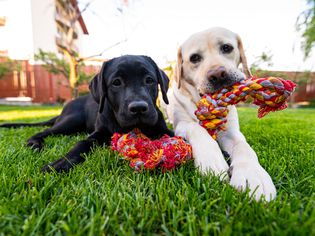

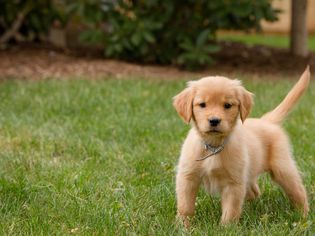

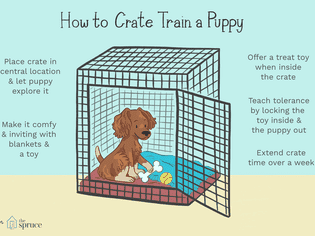
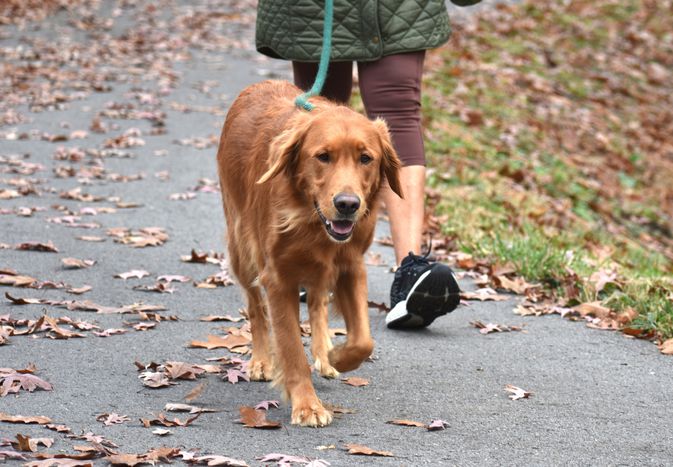

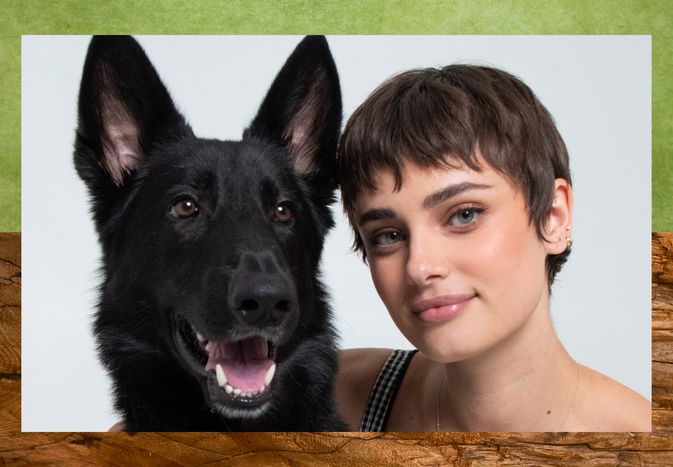

Comments on " Why Do Dogs Eat Rocks?" :